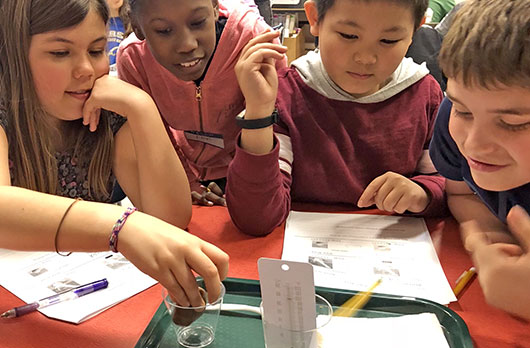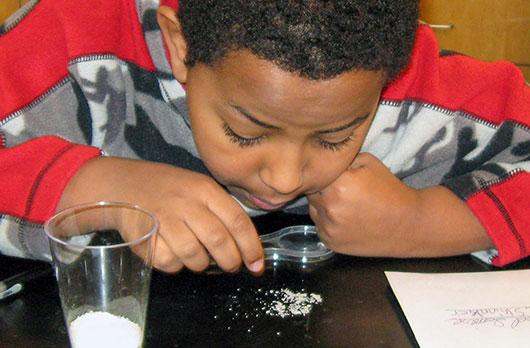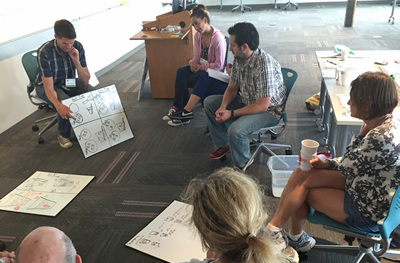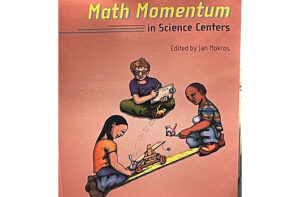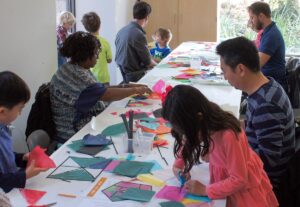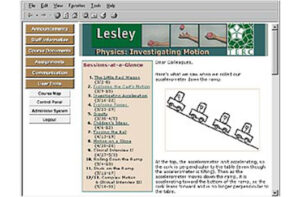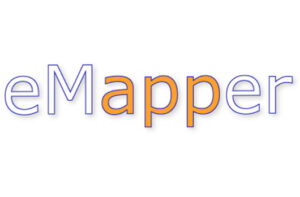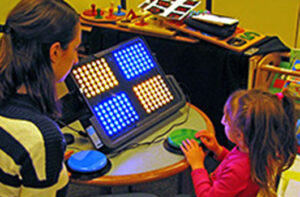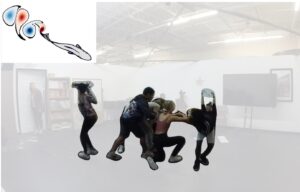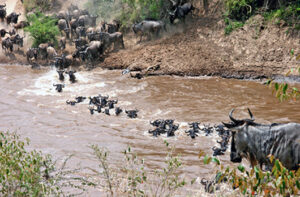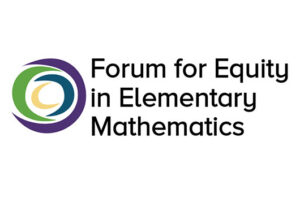Focus on Energy
Preparing Elementary Teachers to Meet New Science Standards
Get Ready to Teach about Energy! The Focus on Energy curriculum uses an innovative approach for teaching and learning about energy in grades 4-5. Students use a set of energy tracking questions and representations to reason about energy. As they engage in firsthand activities, students learn to construct coherent explanations of energy flow in contexts ranging from ball collisions to solar panels.
The Focus on Energy curriculum addresses the new science standards and is supported by teacher professional learning, online resources, and formative and summative assessments. Three short (4-5 session) curriculum units include firsthand, guided explorations of energy in everyday phenomena. Beginning with easily observable phenomena, such as ball collisions, students look for signs of energy, create and use representations, and discuss questions and findings. They develop the practice of asking, “Where does the energy come from?” and “Where does the energy go?” and learn to track the flow of energy in increasingly complex scenarios.
By the end of the curriculum, students have developed and are able to use a model of energy to reason about energy flow in multiple contexts. The Focus on Energy Project is based upon work supported by the National Science Foundation under Grant No. #1418052 (TERC) and #1418211 (Seattle Pacific University).
Get Ready to Teach about Energy! The Focus on Energy curriculum uses an innovative approach for teaching and learning about energy in grades 4-5. Students use a set of energy tracking questions and representations to reason about energy. As they engage in firsthand activities, students learn to construct coherent explanations of energy flow in contexts ranging from ball collisions to solar panels.
The Focus on Energy curriculum addresses the new science standards and is supported by teacher professional learning, online resources, and formative and summative assessments. Three short (4-5 session) curriculum units include firsthand, guided explorations of energy in everyday phenomena. Beginning with easily observable phenomena, such as ball collisions, students look for signs of energy, create and use representations, and discuss questions and findings. They develop the practice of asking, “Where does the energy come from?” and “Where does the energy go?” and learn to track the flow of energy in increasingly complex scenarios.
By the end of the curriculum, students have developed and are able to use a model of energy to reason about energy flow in multiple contexts. The Focus on Energy Project is based upon work supported by the National Science Foundation under Grant No. #1418052 (TERC) and #1418211 (Seattle Pacific University).
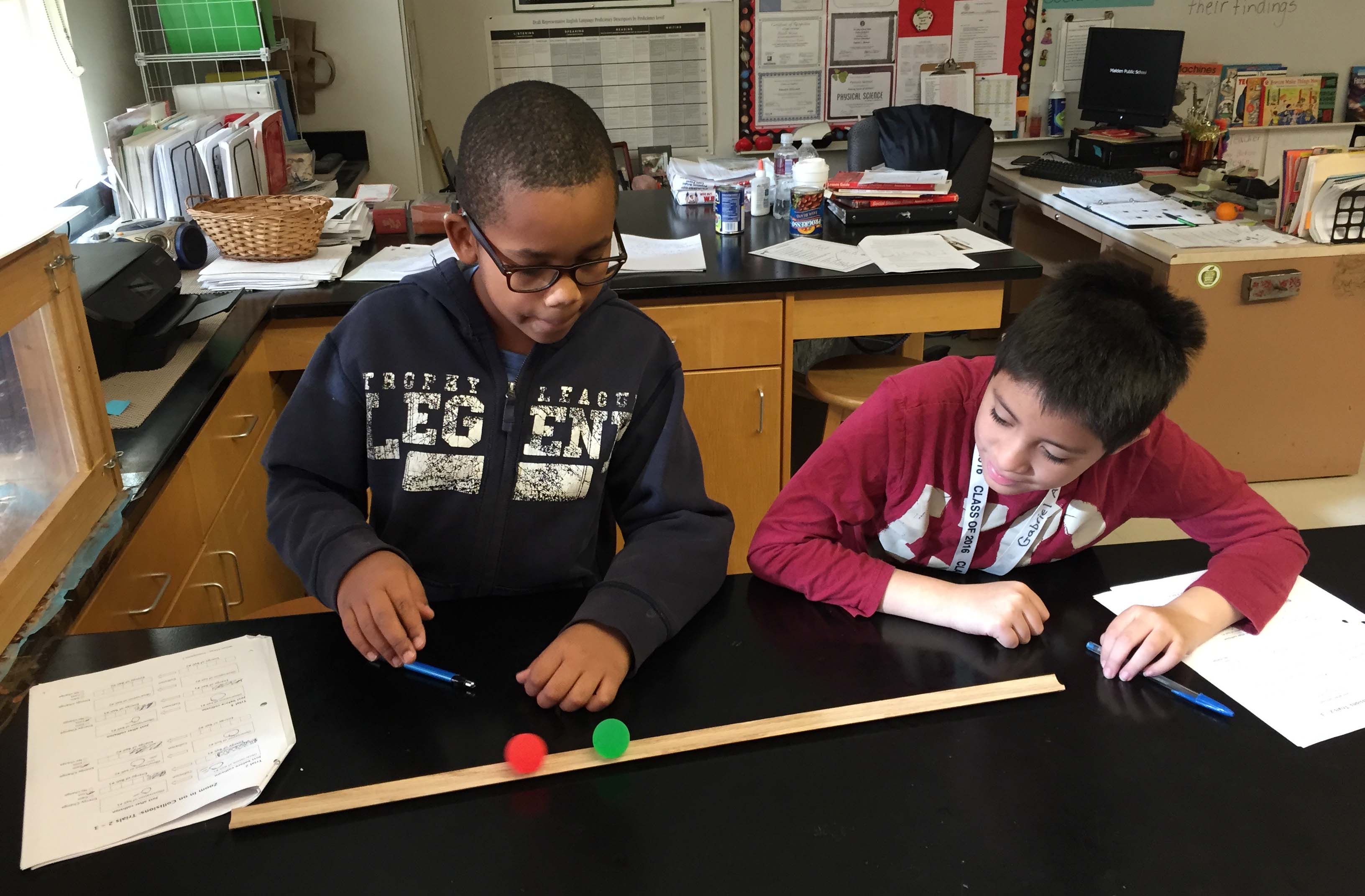
Publisher:
TERC
Related People:
Sara Lacy
Sally Crissman
Sara Lacy, Sally Crissman
Share This Page:
